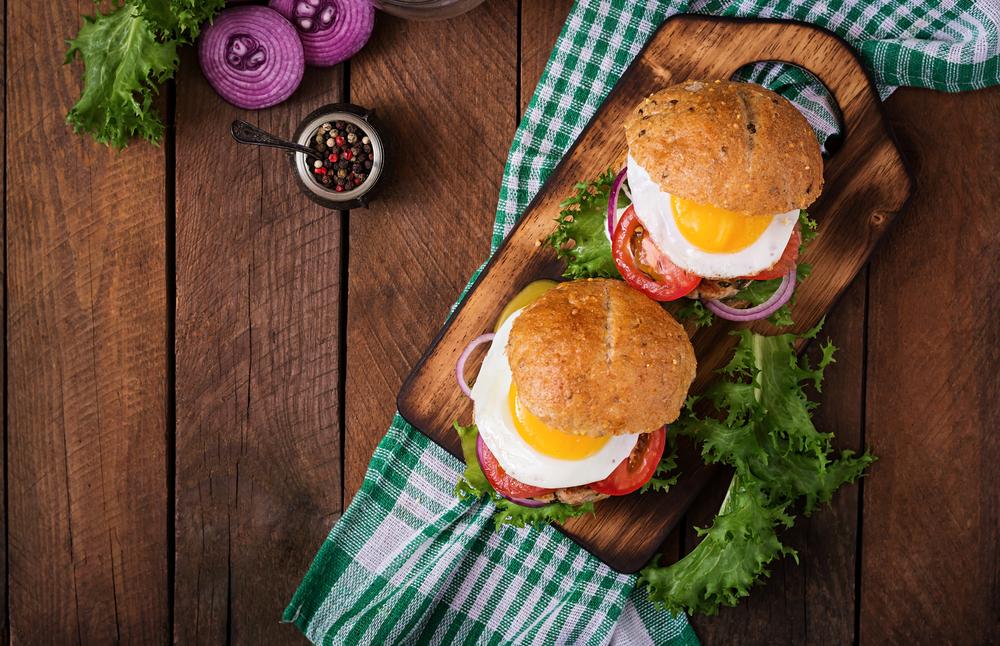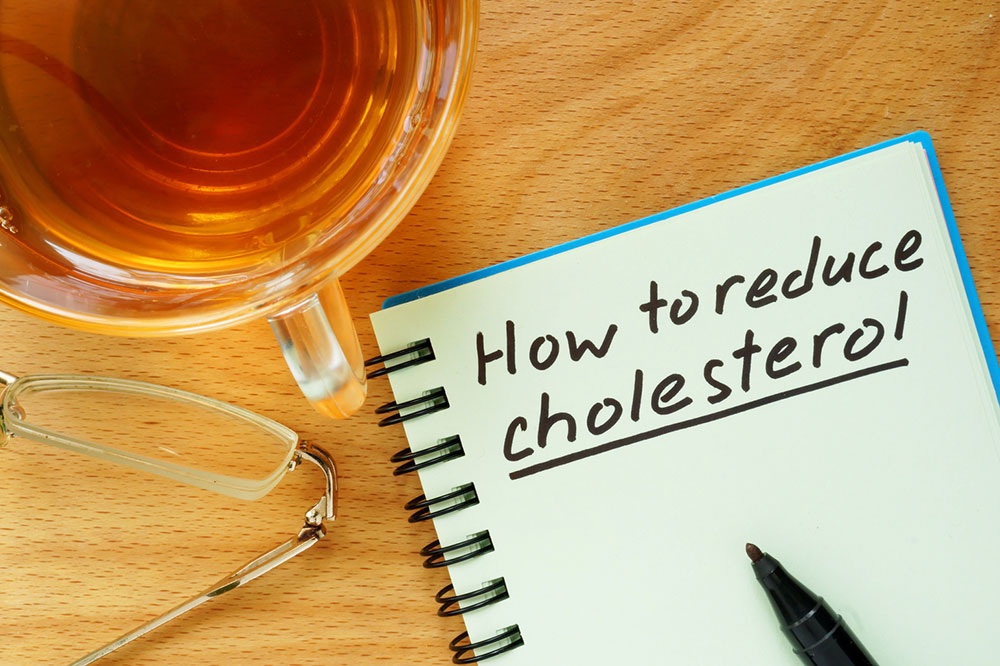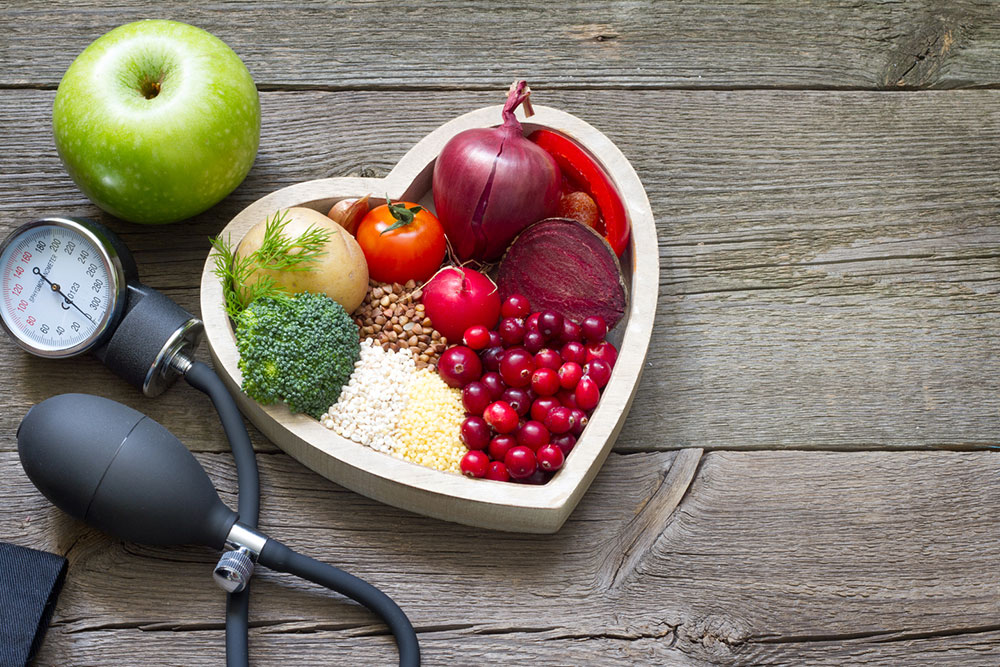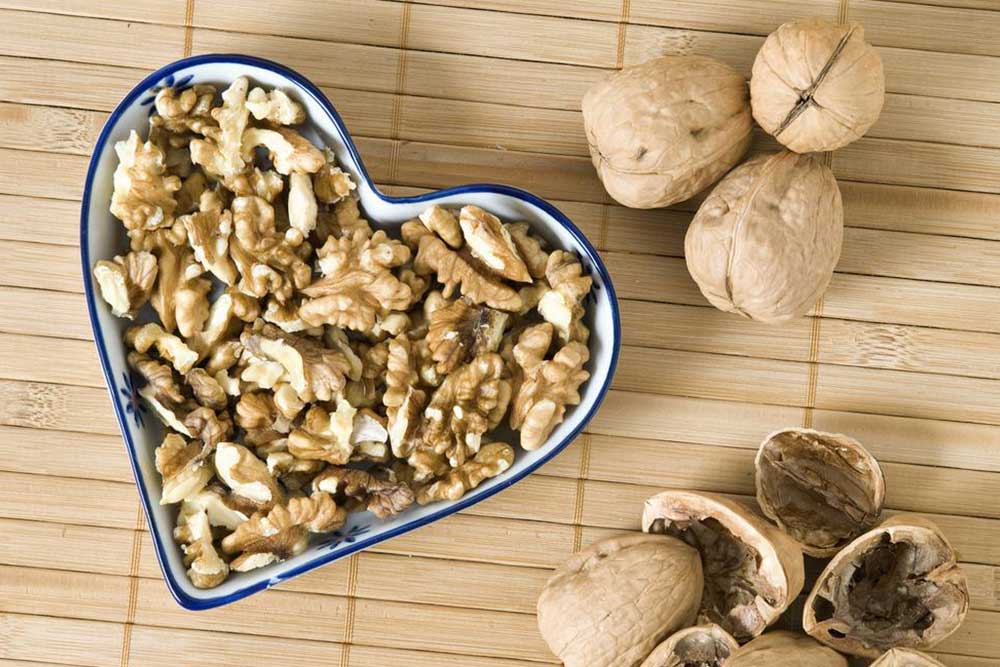Effective Natural Strategies to Reduce Cholesterol Levels
Learn natural and effective ways to lower bad cholesterol and boost good cholesterol levels. This guide covers diet, exercise, stress management, and more, helping you maintain a healthy heart naturally.
Sponsored
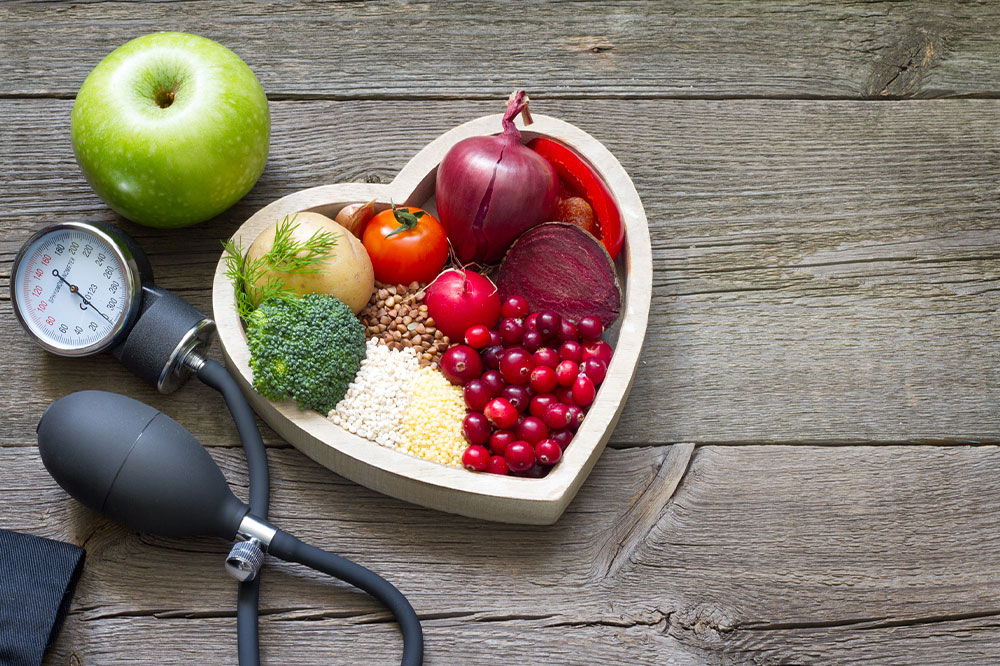
Cholesterol, a waxy substance produced mainly by the liver, plays a crucial role in our body’s functioning. It exists as LDL (bad) and HDL (good) cholesterol. Elevated LDL levels can lead to arterial plaque buildup and heart disease, whereas HDL helps remove harmful cholesterol. Adopting natural methods can help balance these levels. Incorporating plant-based diets, exercising regularly, consuming omega-3 fatty acids, avoiding trans fats, and increasing soluble fiber intake are key strategies for maintaining healthy cholesterol levels. Additionally, managing stress and limiting sugar consumption contribute significantly to overall heart health.
Adopt a plant-centered diet
Focus on eating fruits, vegetables, nuts, seeds, and whole grains like quinoa and brown rice. Nutritious options such as avocados, kale, broccoli, almonds, walnuts, and flaxseeds can effectively reduce LDL cholesterol. Adding beans and legumes can boost protein intake while supporting heart health.
Exercise consistently
Maintaining regular physical activity is essential. Combining aerobic workouts like walking, cycling, or swimming with resistance exercises such as push-ups and lunges helps improve HDL levels and lower LDL. Health authorities recommend at least 150 minutes of moderate exercise weekly for optimal heart health.
Increase omega-3 fatty acids
Fatty fish like salmon, mackerel, sardines, and tuna are rich in omega-3s, which lower triglycerides and support overall heart health. Plant-based sources such as flaxseeds and walnuts are excellent options for those avoiding fish. Flaxseeds also contain compounds that combat cardiovascular diseases and certain cancers.
Avoid trans fats
Trans fats, found in hydrogenated oils, margarine, and many processed foods, raise bad cholesterol and lower good cholesterol. Checking food labels for hydrogenated oils helps avoid these unhealthy fats. Regular intake of trans fats increases the risk of cardiovascular problems.
Boost soluble fiber intake
Soluble fiber binds to cholesterol in the intestines, aiding its excretion. Incorporate oats, barley, legumes, apples, and pears into your diet gradually to support cholesterol-lowering efforts without causing digestive discomfort.
Limit saturated fats
Consuming less saturated fat helps keep LDL levels in check. Opt for lean meats, skinless poultry, fish, and plant oils like olive and canola oil. When eating meat, choose healthier options like shrimp and crab.
Manage stress levels
Psychological stress can increase LDL and triglyceride levels. Techniques such as meditation, yoga, and deep breathing can help reduce stress and improve heart health.
Reduce added sugar
Cutting back on sugary foods and beverages prevents excessive liver cholesterol production and triglyceride elevation. Use natural sweeteners like honey or unsweetened fruit purees as alternatives.


